
With Veganuary well underway, and many of us choosing to embrace meat-free meals for a variety of reasons, you may have concerns about the big Protein question.
Firstly, you need to calculate how much protein you actually need. Generally, the accepted amount is 0.8g of protein per kg of body weight, or 0.36g per pound. Obviously you will need more if you’re intending to gain muscle mass.
Beans and Legumes
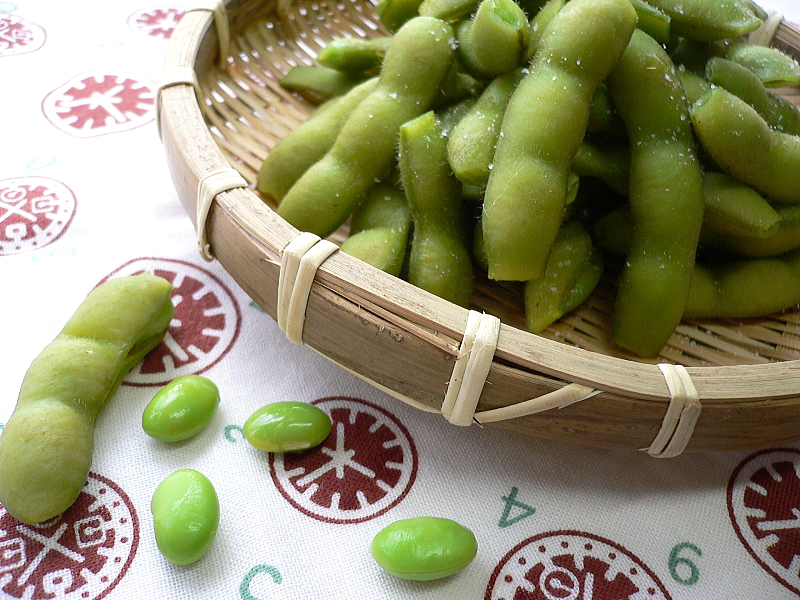
Beans and legumes are a fantastic plant-based source of protein, as well as many other nutrients. They’re often an inexpensive product, as well as being high in fibre, and low in fat and calories. For the biggest protein punch per 100g, edamame beans(18.2g/100g) make a great snack or side dish with Asian meals. Other beans and legumes in the top 5 ranking for protein include lentils (10g/100g), butter beans (9.7g/100g) borlotti beans (9.3g/100g) and kidney beans (8.7g/100g). These beans are all great cupboard stables, and are easy to add to soups and stews, casseroles, chilli, and curries.
Nuts and Seeds

Nuts and seeds make for great protein-rich snacks, as well as many being high in antioxidants, omega-3, amino acids, vitamins and minerals. Nuts can easily be added as a topping to cereals and homemade baked goods, spread on toast if in a butter form, or simply eat a handful as a snack! The top 5 ranking for protein is almonds, walnuts, pistachios, cashews, and pine nuts.
Grains
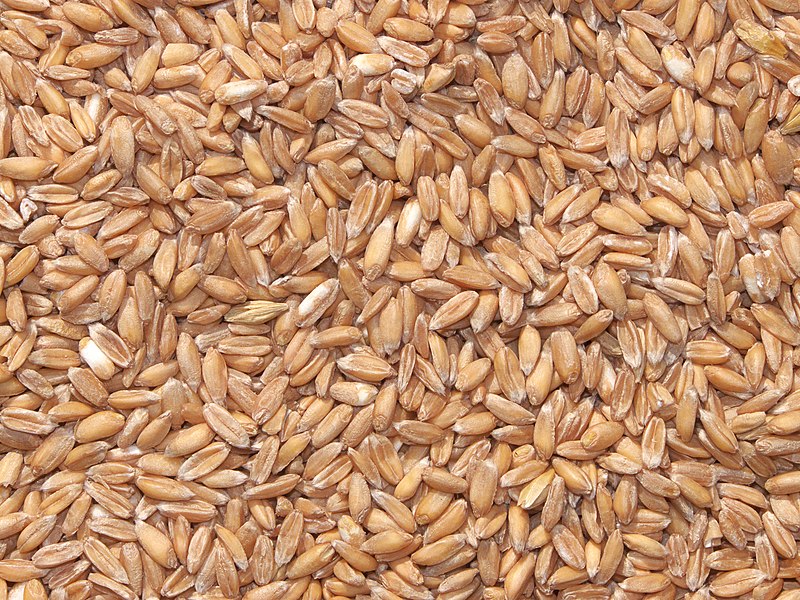
Whilst grains are traditionally associated with carbs, they can also help get you to your protein goals! Grains like Farro (6g/100g cooked), Spelt (6g/100g cooked), Quinoa (4.4g/100g cooked), and Buckwheat (4.3g/100g cooked) are all great ways to add protein to salads, stir fries, and soups. Surprisingly, oats are a great source of protein (11.1g/100g) which can easily be upped with the addition of nuts and seeds, and cooking them with a protein-rich non-dairy milk like soya.
Tofu, Seitan, and Tempeh

Tofu, Seitan and Tempeh are all processed protein products. Tofu and tempeh are both made from soya beans, and each comes in various forms and can be used in a variety of ways. Tempeh has a higher amount of protein per 100g (19g/100g), and has an earthy texture. It can be cut into pieces, grated for a mince effect, or dried. Tofu (8g/100g) is ranked on a scale of firmness, with soft (silken) tofu being perfect for desserts, and firm tofu being best for savoury dishes like stir fries. Tofu is plainly flavoured, so requires marinating before cooking.
Seitan (25g/100g)is made from gluten, the protein found in wheat, and is very high in protein. It can be used as a meat substitute in savoury dishes, and has a texture like chicken or duck. It was invented in ancient China, and is best suited for Asian dishes. In the west, it is often coated in breadcrumbs and sold as a fried chicken substitute.
Meat Replacements
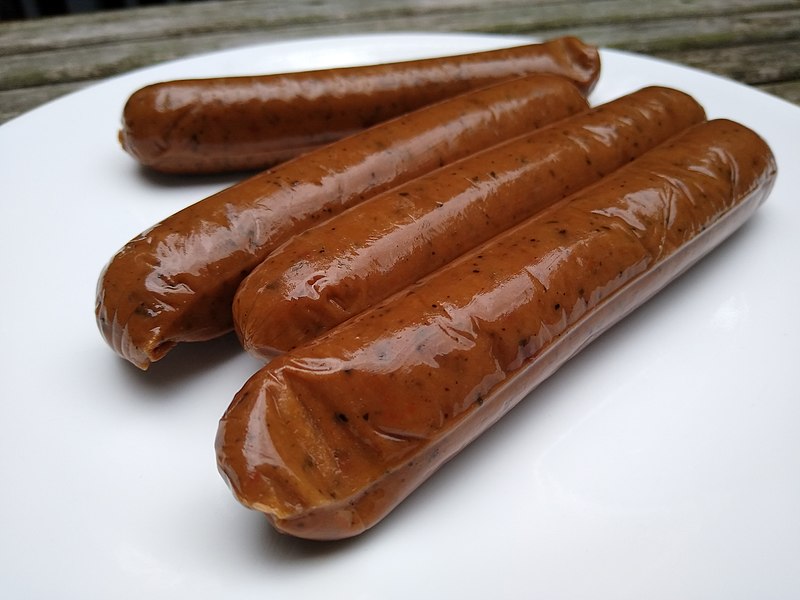
Meat replacement products, like vegan sausages and burgers, TVP (Textured Vegetable Protein), and other mock-meat products are often high in protein. These products make for easy convenient foods, but ultimately are processed foods. Not all meat replacements are made equally, so check before buying to ensure you’re getting the best nutritional balance.
Vegetables
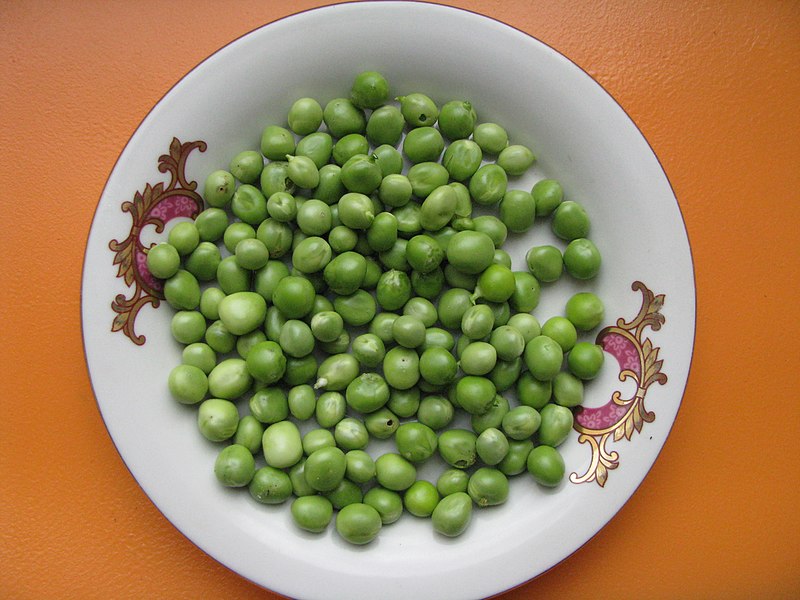
While vegetables might not always be associated with protein content, ensuring the veg you’re eating is on the higher end of the scale is an easy way to up your intake. Luckily the highest ranking vegetable is peas (5.4g/100g), which are super versatile and can easily be added to most meals. The remaining high scorers in the top 5 are artichokes (3.3g/100g) sweetcorn (3.2g/100g), cooked spinach (2.9g/100g), and asparagus (2.2g/100g).
Protein Supplements
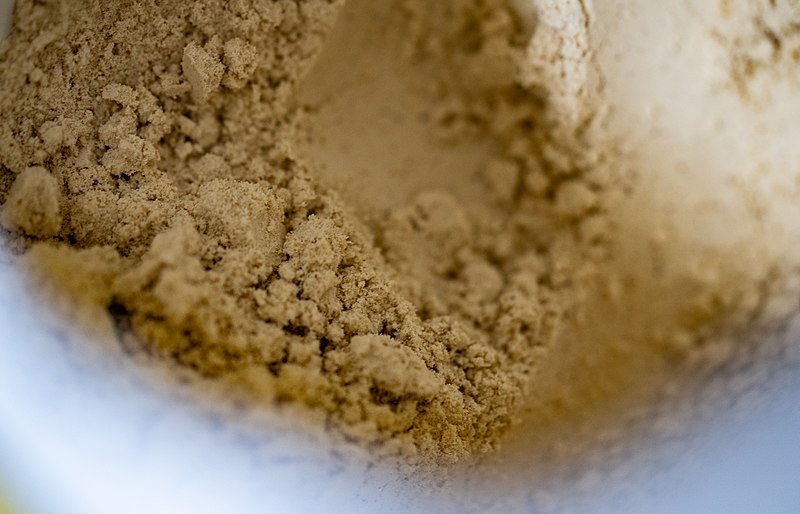
If all else fails, protein supplements are a great way of getting extra protein. Whether that’s protein powder or pre-made products with increased protein like bars, cereals, or bakery products like bagels and tortilla wraps with added protein.
So, overall, unless you have really high protein needs, it’s quite easy to get enough protein while eating a balanced plant-based diet. What are your favourite high-protein meals?
If you have further worries about this issue, it might be reassuring to see your doctor for a blood test or a nutritionist.
